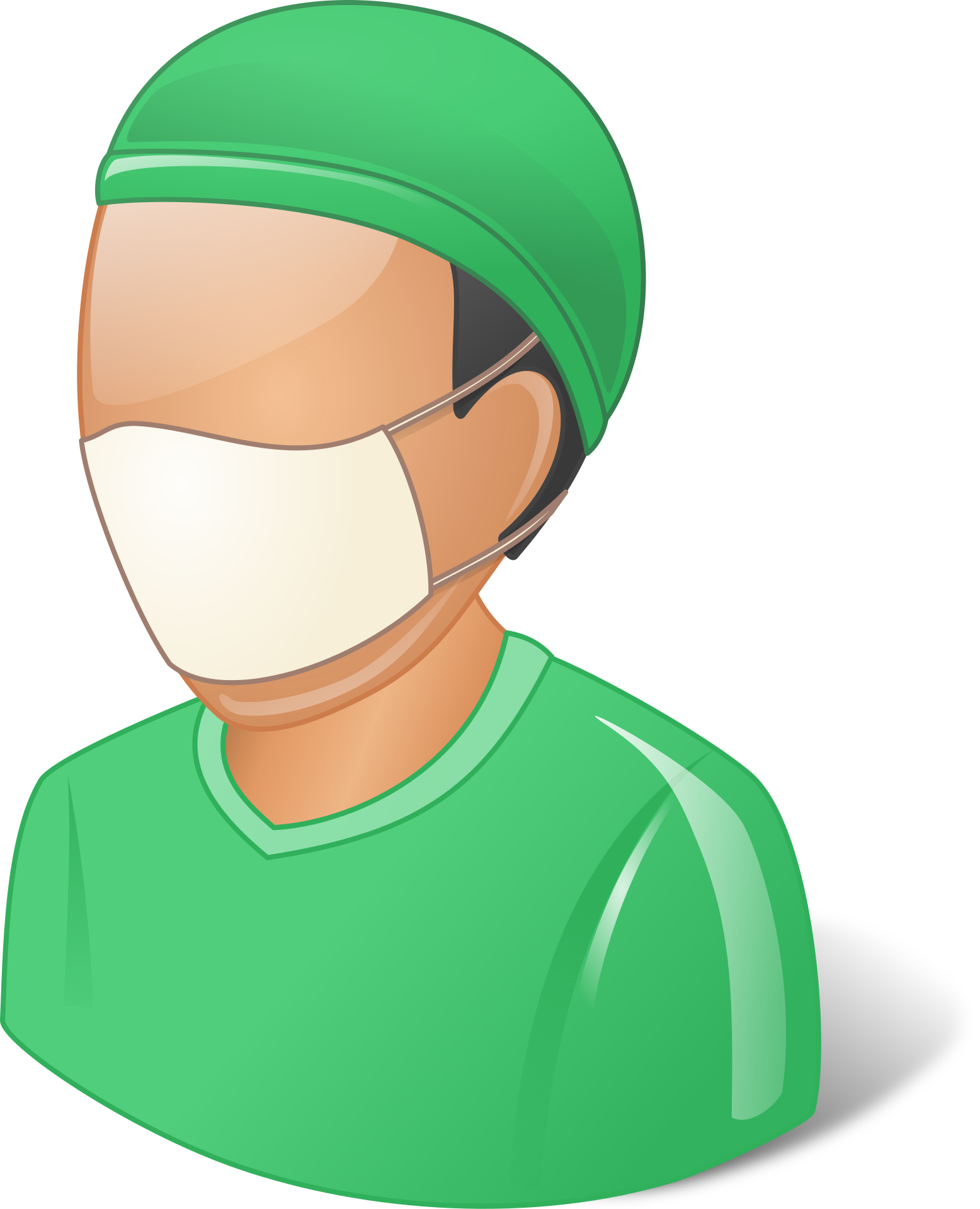Struggling with depression, also called major depressive disorder, can take a serious toll on every aspect of your life. If you suspect your mood or behavior changes are related to depression, it’s important to talk to your doctor to find out if you have this mental disorder.
While there is no definitive test for depression, your doctor will use the diagnostic criteria in the Diagnostic and Statistical Manual of Mental Disorders, 5th Edition (DSM-5) to assess your symptoms. They will also rule out other mental and physical conditions that could be causing your symptoms.
Chinnapong / Getty Images
Professional Screening
To begin the diagnostic process, your doctor will ask about your symptoms, as well as past and family history of medical and mental health conditions.
If your doctor suspects you have depression, you may then be referred to a mental health professional like a psychiatrist, who will determine whether you meet the DSM-5 diagnostic criteria for major depressive disorder or another psychiatric condition.
Symptoms of depression include feelings of sadness, low mood, and loss of interest in usual activities, and they must represent a change from a person’s previous level of functioning and have persisted for at least two weeks.
They must also be accompanied by five or more other common symptoms listed below, and the symptoms must cause significant distress or impairment to social, occupational, or other important areas of functioning.
- Significant weight loss or gain (more than 5% per month) or appetite changes
- Sleep disturbance (sleeping more or less than usual)
- Agitated or slow movements severe enough to be noticed by others
- Tiredness, fatigue, or low energy, or decreased efficiency with which routine tasks are completed
- Feeling a sense of worthlessness or excessive, inappropriate, or delusional guilt
- Impaired ability to think, concentrate, or make decisions
- Recurrent thoughts of death, suicide ideation, or suicide attempts
Importantly, these symptoms cannot be the result of substance use (e.g., medication side effect or drug abuse), a physical illness, or another mental disorder. There should never have been a manic or hypomanic episode.
Labs and Tests
Your doctor will also want to rule out other potential causes of depression-like symptoms, so they will perform a series of blood and urine tests to check for underlying physical illnesses that could be contributing to these symptoms. These tests may include:
- A complete blood count: This can help determine causes of fatigue, including anemia (low blood iron levels) and infections (increased white blood cell count).
- Thyroid function panel: Thyroid dysfunction is known to play an important role in both mood and cognitive symptoms.
- Creatinine and blood urea nitrogen: These tests assess how well your kidneys are functioning. Kidney disease can cause depression-like symptoms.
- Tests for vitamin deficiency: Some deficiencies, like vitamin B12 or B9 (folate) deficiency, can cause psychiatric symptoms.
- MRI: Rarely, brain tumors can also cause depressive symptoms.
Self/At-Home Testing
Online tests for depression can be useful in helping you recognize if you have symptoms warranting clinical attention, but you can only be diagnosed by a doctor or mental health clinician. These online screens cannot confirm diagnosis, and they don’t all come from credible sources. Make sure you take a test from a reputable source such as a teaching hospital or academic institution, and always bring your responses to your clinician.
The American Psychological Association compiled a list of evidence-based online screening tools for depression. Some of them, like the Center for Epidemiologic Studies Depression Scale and Hamilton Rating Scale for Depression, are available in the public domain and are free to use. These tests often ask about the following symptoms you have experienced over the past two weeks:
- Feeling down, depressed, or hopeless
- Feeling tired or having little energy
- Trouble falling or staying asleep, or sleeping too much
- Feeling bad about yourself—or that you are a failure or have let yourself or your family down
You’ll likely answer these on a scale-based system that will help you better understand to what extent these problems have been disrupting your life.
Diagnostic Changes From DSM-4 to DSM-5
There were several changes in the depressive disorders section from the DSM-4 to DSM-5, including adding a specifier for depression with anxious distress (co-occurring symptoms of anxiety, tension, or restlessness). Also, the classification of chronic depression (dysthymic disorder or dysthymia) was changed, and the bereavement exclusion for major depressive episodes was removed.
New Mood Disorders Added
Disruptive mood dysregulation disorder (DMDD) was added in response to concerns that bipolar disorder is overdiagnosed in children. This diagnosis is reserved for children ages 6 to 18 who present with chronic irritability and frequent episodes of temper outbursts out of proportion with the situation. It is a controversial inclusion due to limited available data.
Premenstrual dysphoric disorder (PMDD) was added under the depressive disorders section and recognized as a more severe form of premenstrual syndrome (PMS). It is characterized by depression, anxiety, and extreme irritability related to hormonal fluctuations associated with the menstrual cycle.
Dysthymic Disorder (Dysthymia) Status Change
Dysthymia is a chronic, rather than episodic, form of depression. It is no longer a stand-alone diagnosis in the DSM-5, but a condition under the umbrella of persistent depressive disorder (PDD) characterized as less severe than major depression but lasting longer.
Bereavement Exclusion Removed
Previously, depression symptoms lasting less than two months following the death of a loved one were not considered as meeting the criteria for a major depressive episode. The DSM-5 now acknowledges that bereavement can last longer than two months and qualifies as a formal depression episode.
Both grief and depression may involve intense sadness and withdrawal from usual activities, but they are also different in important ways:
- In grief, painful feelings come in waves, often mixed with positive memories of the deceased. In major depression, mood and/or interest (pleasure) are decreased for most of two weeks.
- In grief, self-esteem is usually maintained. In major depression, feelings of worthlessness and self-loathing are common.
- In grief, thoughts of death may surface when thinking of or fantasizing about joining the deceased loved one. In major depression, thoughts are focused on ending one’s life due to feeling worthless or undeserving of living or being unable to cope with the pain of depression.
Differential Diagnoses
A number of other mental disorders in addition to major depressive disorder can manifest symptoms of depression, including:
- Bipolar disorder is a disorder where episodes of major depression are common, but it involves episodes of mania or hypomania.
- Anxiety disorders are commonly comorbid with major depression, and depressive disorders can present with anxiety symptoms.
- Substance use disorders commonly co-occur with depression and can also be an underlying cause of depressive symptoms.
- Borderline personality disorder includes symptoms of emotional instability, marked reactivity of mood, self-harm behaviors, and suicidality, and can be mistaken for major depression.
A Word From Verywell
Depression doesn’t happen overnight and neither does diagnosis of this mental disorder. The sooner you talk to your doctor about your symptoms, the sooner you can start to feel better. If you suspect you have depression, you can try using one of the online screening tools to find out whether that’s the case.
Remember that a diagnosis of depression or symptom recurrence does not mean that you have failed. It just means that you have a medical condition that requires treatment.

